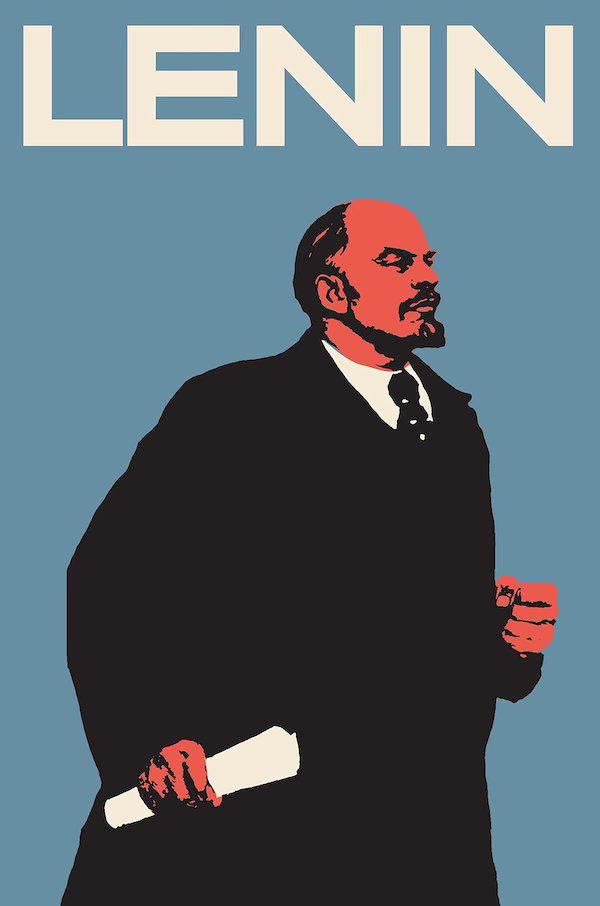The Art of Political Deception: Masters from History Who Would Admire the Inflation Reduction Act
For those who appreciate historical ironies, the Inflation Reduction Act would earn knowing smiles from history's greatest practitioners of political artifice. Here's why some of history's most masterful political operators would appreciate its design:
Augustus Caesar: Master of Maintaining Illusions - (23 September 63 BC – 19 August AD 14) Roman Emperor
The first Roman Emperor would particularly admire how the IRA maintains democratic appearances while fundamentally altering the economic structure. Just as Augustus kept the forms of the Republic while creating an empire, the IRA preserves the language of market economics while engineering a government-directed energy sector. Augustus's famous claim to be merely "first among equals" while accumulating imperial power parallels the IRA's claim to be merely "supporting" the energy market while actually mandating its transformation.
Cardinal Richelieu: The Spider in the Web - (9 September 1585 – 4 December 1642) France
The brilliant architect of French centralization would appreciate the IRA's most subtle feature: its strategic distribution of funds to create dependency. As Mills revealed in our conversation, the bill's architects deliberately marbled funding through red states to prevent future opposition - a tactic Richelieu perfected when breaking noble resistance to royal power. His strategy of creating financial dependencies to ensure political compliance is reflected in the IRA's design.
Prince Metternich: The System Builder - (15 May 1773 – 11 June 1859) Germany
The Austrian chancellor who reconstructed Europe after Napoleon would admire how the IRA creates an intricate system of financial relationships that make reform nearly impossible. Just as Metternich's Congress system tied European states together in ways that preserved Austrian influence, the IRA creates a web of subsidies, grants, and mandates that will make unwinding its
provisions extraordinarily difficult. Mills' analysis of how utilities are being forced to build infrastructure they can't afford mirrors Metternich's method of using economic obligations to ensure compliance.
Lenin: The Label Master - (22 April [O.S.10 April] 1870 – 21 January 1924) Russia
The Bolshevik leader would particularly appreciate the IRA's use of language to obscure reality. His "New Economic Policy" claimed to introduce market elements while actually strengthening state control - just as the IRA claims to reduce inflation while engineering massive spending. Lenin's talent for using crisis rhetoric to expand state power while claiming to solve problems is evident in the IRA's design.
Woodrow Wilson: The Crisis Utilizer - (December 28, 1856 – February 3, 1924) Staunton, Virginia
Wilson's creation of the Federal Reserve - another massive economic transformation sold as a stability measure - provides the closest American parallel. Like the IRA, it centralized economic power while claiming to disperse it. Wilson's talent for using technical complexity to obscure fundamental changes is reflected in what Mills describes as the IRA's "fantastically complex" structure.
The Common Thread
What unites these historical figures is their understanding that controlling energy and money provides the ultimate leverage over society. The IRA's architects seem to have studied well from their playbook:
Use crisis rhetoric to justify massive changes
Create complex systems of dependency to prevent reform
Maintain democratic appearances while centralizing control
Use technical complexity to obscure fundamental changes
Label initiatives as solving the problems they actually exacerbate
As Mark Mills demonstrates in our conversation, the IRA's $6 trillion price tag makes it perhaps the most ambitious such exercise in American history. These historical masters would likely admire its scale while recognizing its methods.
Watch here:
For those interested in diving deeper into these parallels, subscribe to The Bill Walton Show for more analysis of how historical patterns inform current policy debates.








